Based upon the World Justice Project’s (WJP) definition, the Rule of Law has four universal principles:
- The government and its officials and agents as well as individuals and private entities are accountable under the law.
- The laws are clear, publicized, stable, and just; are applied evenly; and, protect fundamental rights, including the security of persons and property and certain core human rights.
- The process by which the laws are enacted, administered, and enforced is accessible, fair and efficient.
- Justice is delivered timely by competent, ethical, and independent representatives and neutrals who are of sufficient number, have adequate resources and reflect the makeup of the communities they serve.
Beyond those four principles, there are nine criteria that measure how the rule of law is experienced by the ordinary citizen around the globe. They are:
- Constraints on Government Powers measures the extent to which those who govern are bound by law. It comprises the means, both constitutional and institutional, by which the powers of the government are restrained.
- Absence of Corruption measures the absence of corruption in government agencies. The factor considers three forms of corruption: bribery, improper influence by public or private interests and misappropriation of public funds or other resources.
- Open Government measures the openness of government to requests by its citizens for input and information.
- Fundamental Rights measures the protection of fundamental human rights.
- Order and Security measures how well the society assures the security of persons and property. Security is one of the defining aspects of any civilized
- Regulatory Enforcement measures the extent to which regulations are fairly and effectively implemented and enforced.
- Civil Justice measures whether ordinary people can resolve their grievances peacefully and effectively through a civil justice system.
- Criminal Justice measures the criminal justice system. An effective criminal justice system constitutes the primary mechanism to protect citizens and ensure personal rights.
- Informal Justice concerns the role played in many countries by customary and ‘informal’ systems of justice, including such concepts as Therapeutic Jurisprudence and Procedural Fairness.
It is important to remember that Therapeutic Jurisprudence and Procedural Justice/Fairness are critical components ensuring that the Rule of Law has citizen understanding and support.
